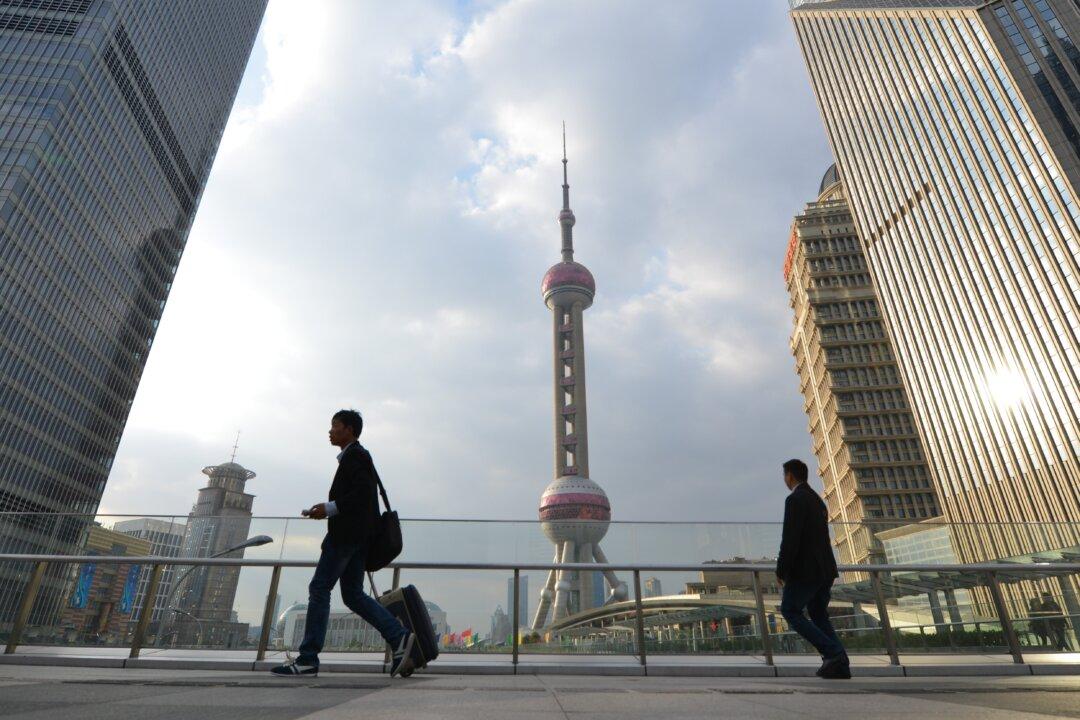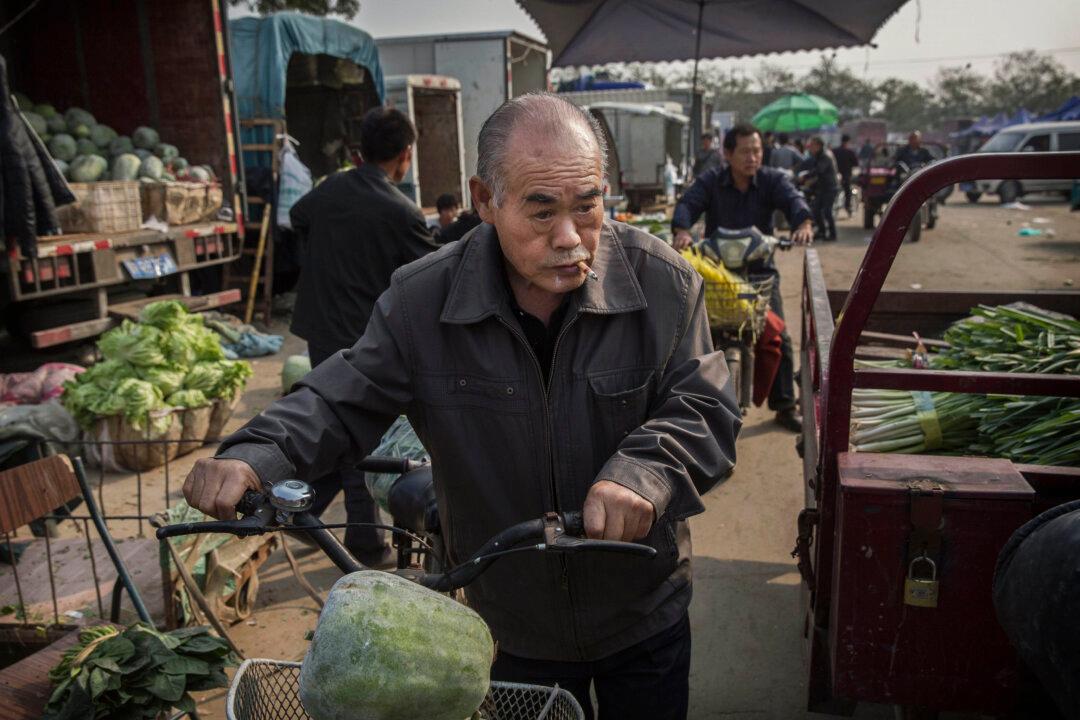Last September, Chinese e-retailer Alibaba Group raised $25 billion in the biggest public offering ever amid a hot IPO market.
A year later, few private Chinese companies dare to take the leap into the equity market.
The third quarter of 2015 has been quiet on the IPO front, with the only major initial public offering of note being China Railway Signal & Communication Corp.’s $1.4 billion float on Aug. 10. That was the first major offering since the Chinese stock markets collapsed in July.
Enter two of the biggest Chinese onshore financial firms. Sino-foreign investment bank China International Capital Corp. (CICC) and reinsurance giant China Reinsurance Corp. both received regulatory approval to pursue initial public offerings worth around $3 billion in Hong Kong.
Tough Market
Hong Kong is this year’s top listing venue, with more than $20 billion in total IPOs. But demand has dried up following the recent Chinese equities crash.
The benchmark Hang Seng Index has fallen 22.9 percent since year-to-date highs of 28,433 in late April.
Some firms have delayed listing. Regional carrier Hong Kong International Airlines rescinded its IPO application for the third time in four years, while China’s biggest “bad bank” Huarong Asset Management delayed its float indefinitely.
Last month, China Railway Signal priced its IPO at the low end of its range due to lackluster demand. Its IPO was boosted by 16 cornerstone investors who subscribed to a combined 68 percent of the shares offered.





